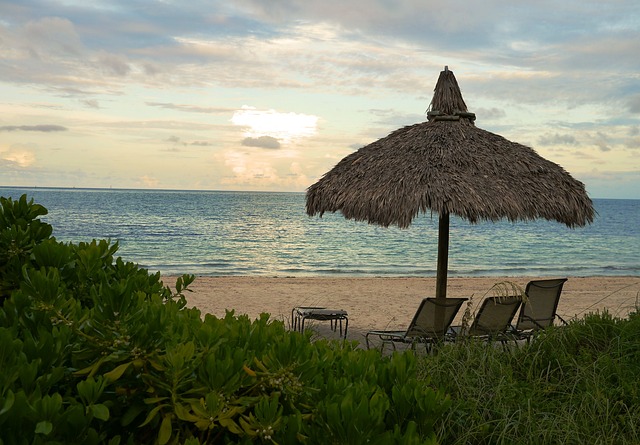Voodoo, also known as Vodou or Vodun, is a complex and deeply spiritual religious practice that originated in West Africa and was brought to the Americas by enslaved Africans. While often misunderstood and misrepresented, Voodoo has a rich history and continues to be practiced by many in Florida, particularly in the Haitian communities of Miami and Orlando. In this article, we will explore the origins and traditions of Voodoo in Florida.
Origins of Voodoo
The origins of Voodoo can be traced back to the ancient kingdom of Dahomey, which is present-day Benin, Togo, and parts of Nigeria. The practice is thought to have begun around the 17th century when African slaves were brought to the French colony of Saint-Domingue, now known as Haiti. Voodoo was a way for the enslaved Africans to preserve their cultural and religious beliefs in the face of forced assimilation and Christianity.
When the Haitian Revolution broke out in 1791, many slaves fled to neighboring countries, including the United States, taking their Voodoo beliefs with them. As a result, the practice of Voodoo spread throughout the Caribbean and the southeastern United States, including Florida.
Traditions of Voodoo in Florida
In Florida, Voodoo has a significant presence in the Haitian communities of Miami and Orlando. The practitioners of Voodoo, known as Vodouisants, continue to honor their ancestral traditions and incorporate them into their daily lives.
One of the most important aspects of Voodoo is the belief in the presence of spirits, known as lwa or loa. These spirits are considered intermediaries between humans and the divine. They are believed to possess individuals during religious ceremonies, known as ceremonies, and offer guidance, healing, and protection. In Florida, Vodouisants gather regularly to perform ceremonies and connect with the lwa.
Ceremonies
Voodoo ceremonies are a central part of the practice and provide an opportunity for Vodouisants to commune with the lwa. These ceremonies often involve drumming, singing, dancing, and ritual offerings. In Florida, public ceremonies are occasionally held, allowing non-practitioners to witness and appreciate the rich cultural and spiritual traditions of Voodoo.
Altars and Offerings
Another important aspect of Voodoo is the presence of altars in homes and temples. Vodouisants create elaborate altars adorned with statues, offerings, and symbols that represent the different lwa. These altars serve as a focal point for worship and are used to honor the spirits with offerings such as food, drinks, and tobacco.
Herbs and Remedies
Voodoo also places emphasis on the healing power of nature. Practitioners often use herbs and natural remedies to treat ailments and balance the body and spirit. In Miami and Orlando, there are local botanicas, or spiritual supply stores, that sell a variety of herbs, oils, and other items used in Voodoo rituals and practices.
Community and Family Involvement
Voodoo is not just an individual practice but also a communal one. Vodouisants believe in the importance of community support and rely on the guidance of elders and spiritual leaders. Family is also highly valued in Voodoo, and rituals and ceremonies often involve multiple generations coming together to honor their ancestors and connect with the divine.
Misconceptions and Stereotypes
Despite its rich traditions and cultural significance, Voodoo has long been the subject of misconceptions and stereotypes. The Hollywood portrayal of Voodoo as dark and harmful magic has perpetuated negative stereotypes and stigmatized its practitioners. However, true Voodoo is a peaceful and deeply spiritual practice centered around connecting with the divine and seeking guidance and healing.
Conclusion
Voodoo has a long and complex history that spans across continents and cultures. In Florida, the practice continues to be deeply rooted in the Haitian communities of Miami and Orlando, providing a source of cultural identity and spiritual solace. While often misunderstood, Voodoo is a vibrant and rich tradition that deserves to be appreciated and respected for its contributions to African diasporic culture in Florida and beyond.

